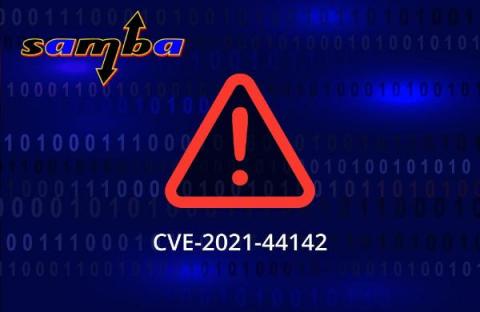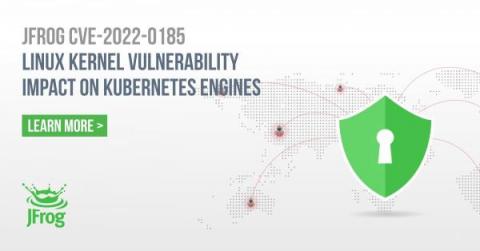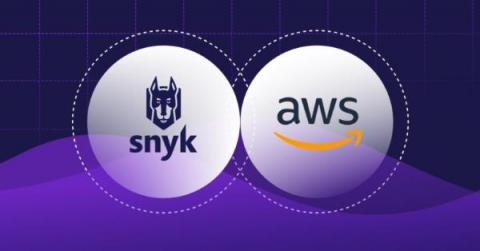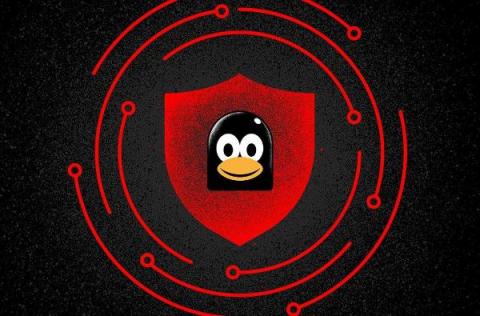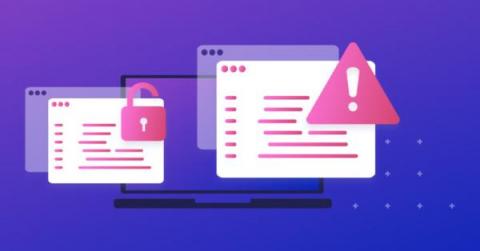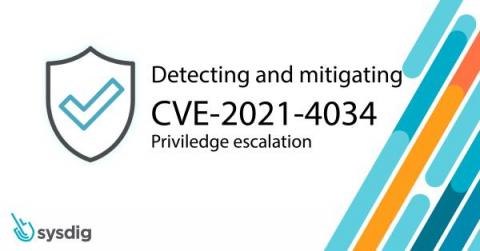Hunting pwnkit Local Privilege Escalation in Linux (CVE-2021-4034)
In November 2021, a vulnerability was discovered in a ubiquitous Linux module named Polkit. Developed by Red Hat, Polkit facilitates the communication between privileged and unprivileged processes on Linux endpoints. Due to a flaw in a component of Polkit — pkexec — a local privilege escalation vulnerability exists that, when exploited, will allow a standard user to elevate to root.



